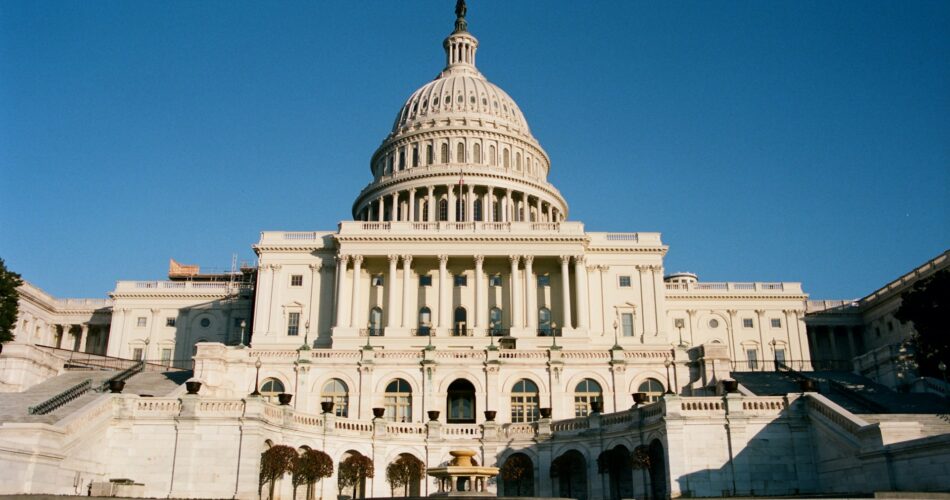Non-Christians are not happy.
Joel Webbon, a Texas pastor and Christian nationalist, recently made claims that the United States is meant to be a nation exclusively for Christians, arguing that non-Christians should not be allowed to hold public office. During a podcast episode of “Right Response Ministries,” Webbon shared his view that the Founding Fathers intended for America to be an “Anglo-Protestant project,” where non-Christians, including Jews, Muslims, and Hindus, could live but should not have leadership roles. He emphasized that although non-Christians should not face mistreatment, the nation ultimately belongs to Christians.
Webbon also touched on the historical perspective of Reformed theologians, who believed in the eventual spiritual revival of Jewish people while simultaneously recognizing that Jews, being non-Christians, should not have leadership positions in America. His statements come amid ongoing discussions about Christian nationalism, a movement that promotes blending Christian identity with American governance, which often raises concerns about violating the First Amendment’s separation of church and state.
Webbon’s views reflect his broader vision for the country, which includes amending the U.S. Constitution with the Apostles’ Creed and outlawing practices like abortion, pornography, and no-fault divorce. He has also voiced opposition to women’s voting rights in previous sermons and podcasts. His stance aligns with a push to fuse conservative Christian beliefs with American law, which has drawn increasing criticism from both secular and religious circles.
Historically, Webbon’s comments echo a complex period in U.S. history when many American colonies required public officeholders to swear allegiance to Protestant Christianity, effectively excluding Jews and other non-Christians from leadership roles. For instance, Georgia’s constitution in 1777 and similar laws in other states barred Jews from high office. However, by the early 19th century, some states, like Maryland, began passing laws to remove these restrictions, such as the “Jew Bill” of 1827, which allowed Jews to hold public office.
Webbon’s remarks highlight the ongoing tension between religious nationalism and America’s foundational principles of religious freedom and equality, illustrating how historical precedents are being interpreted by modern Christian nationalist movements seeking to influence the country’s laws and governance.

As a Christian, our nation is comprised of Judeo/Christian values. We were never exclusively Christian. The only religion talked of not holding offices were the muslims, because it had concluded that they wouldn’t assimilate. Back in the 1700’s they wanted to kill us , nothing has changed. Look at the pro-muslim squad. They are anti-American and coddle terrorists. So Pastor, you have your history all wrong.